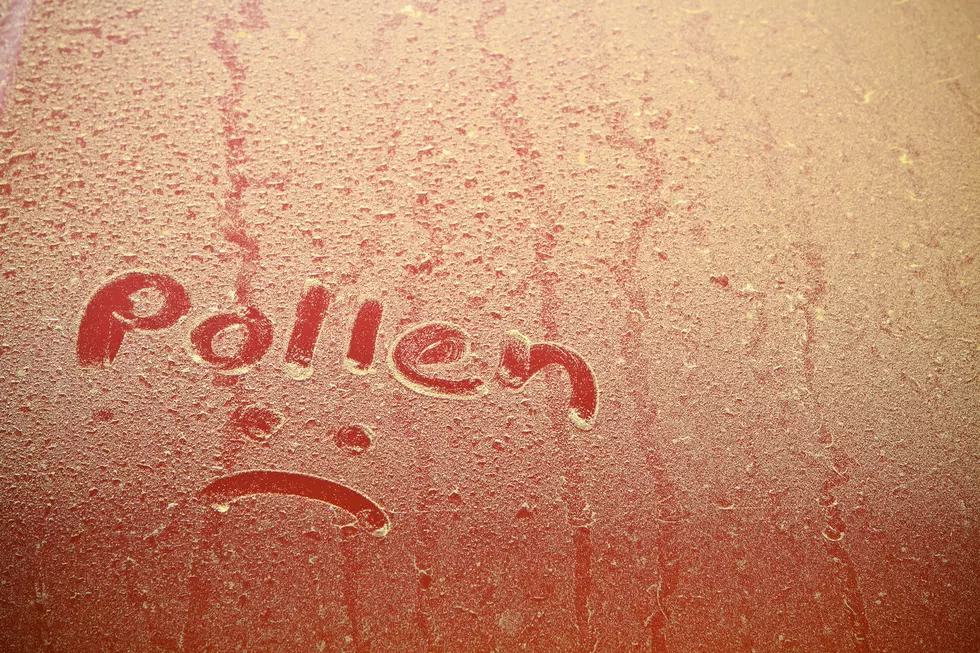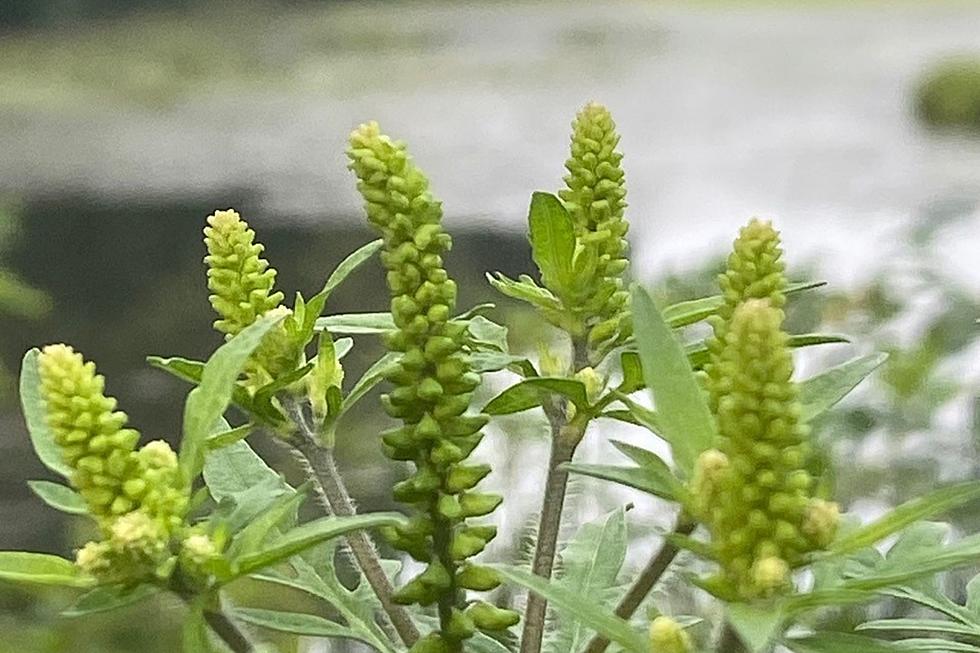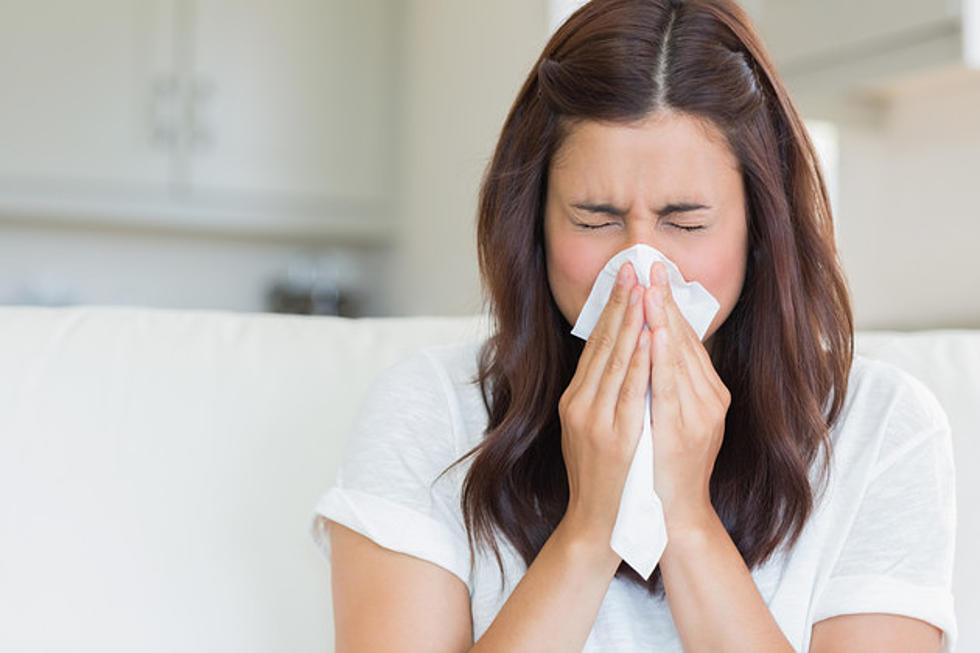
Allergy sufferers: Ragweed season is here
Ragweed season usually begins in New Jersey around Aug. 15, but this year, pollen release has begun nearly a week early in some spots.
"It depends on where the plants are, it depends on how the wind is where they are; it's different in different places," said Dr. Michael Mattikow, associate clinical professor at Rutgers New Jersey Medical School. "There has not been a major ragweed season in this state for at least five years. It's much, much less than it used to be. There is a plant called Pennsylvania smartweed. It's a very invasive plant and it's non-allergic. A lot of places where there used to be tremendous amounts of ragweed plants have been taken over by this plant. So, there have been many fewer ragweed plants than there were years ago."
The mold spore count has been unusually high for this time of the season, according to Dr. Leonard Bielory, allergist and immunologist at Robert Wood Johnson University Hospital.
"With the rain that we have had and unusually cool seasonal temperatures, ragweed pollen release started a solid week earlier, and there have been mold spores flowing as well throughout the end of July and into August," he said in a press release Friday. "Normally, higher temperatures and drier weather for this time of year promotes the normal release in the third week of August, without high mold spore counts."
So, what does this mean for allergy sufferers in New Jersey? Obviously, different people are affected differently by pollen depending on the severity of their allergies.
Dr. Bielory offers the following tips:
- Keep the pollen outside out. Ragweed travels with the wind, so close windows in your house and car.
- Come clean. After spending time outdoors, shower, change and wash your clothes. Clean your nasal passages, too, by using a salt water rinse or using something he has used in his office, Sinusol (an herbal-based preparation for a nasal lavage).
- Mask your misery. Wear a face mask when you garden or mow the lawn. Better yet, assign those tasks to family members who don't suffer from hay fever.
- Consider a cure. If non-prescription medication isn't doing the trick, it may be time to see an allergist who can provide more effective treatment.
- Don't let up too soon. Because the nasal and eye symptoms associated with ragweed allergies can linger after the pollen can no longer be detected in the air, don't stop your allergy medication immediately.
"These plants pollenate early in the morning," Mattikow said. "As the air gets warm, the pollen rises, so there's less pollen in the middle of the day. The pollen starts dropping again as the sun goes down. Obviously, if you're going to do outdoor activities, don't do them early in the morning or at dusk. There are plenty of medications to control symptoms."
More From New Jersey 101.5 FM








